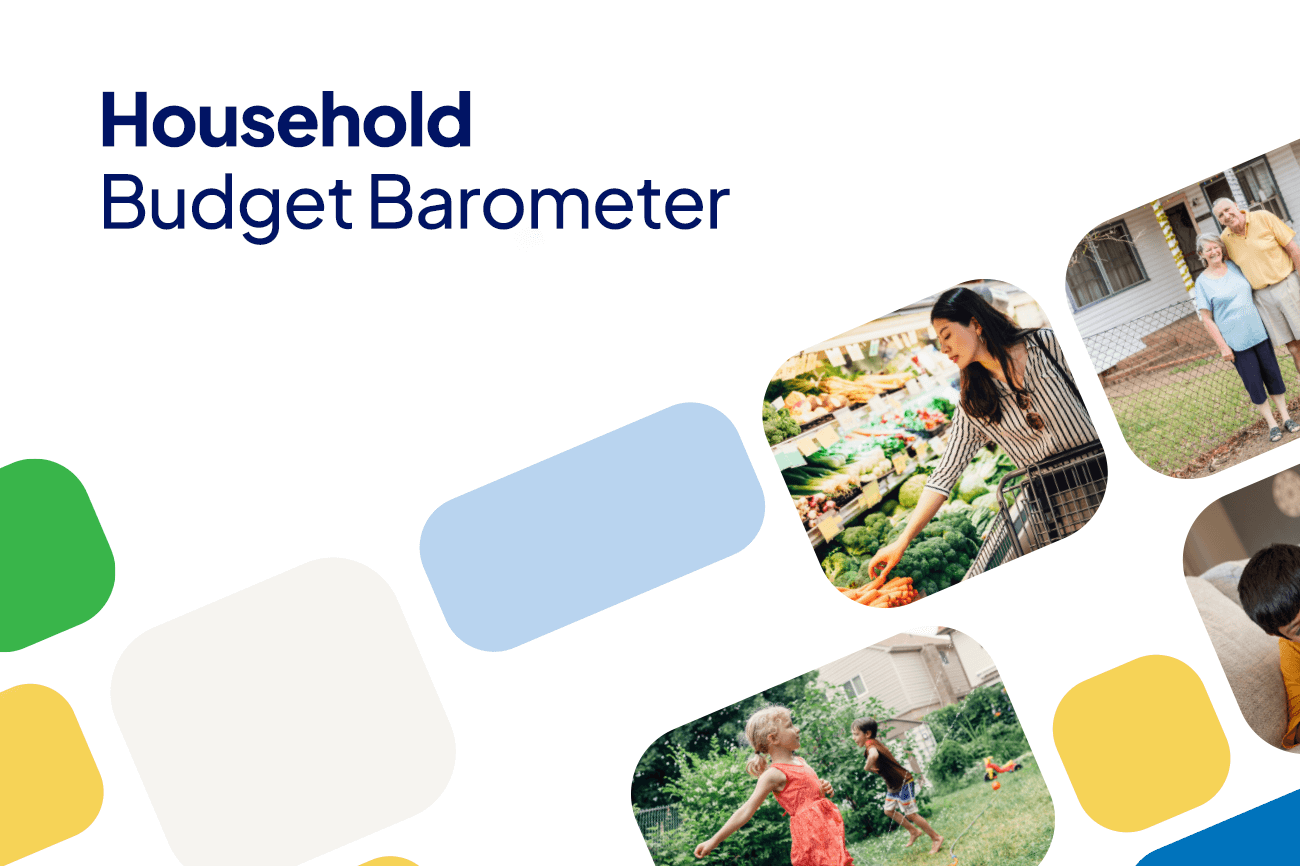The Burrow

Compare the Market’s Household Budget Barometer is an annual pulse check on how people are coping with the cost of living.
We monitor spending trends, track insurance quote prices, and drill into personal goals and habits to understand the biggest pressures on household budgets.
Three thousand Australians from all walks of life participated in our 2024 survey.